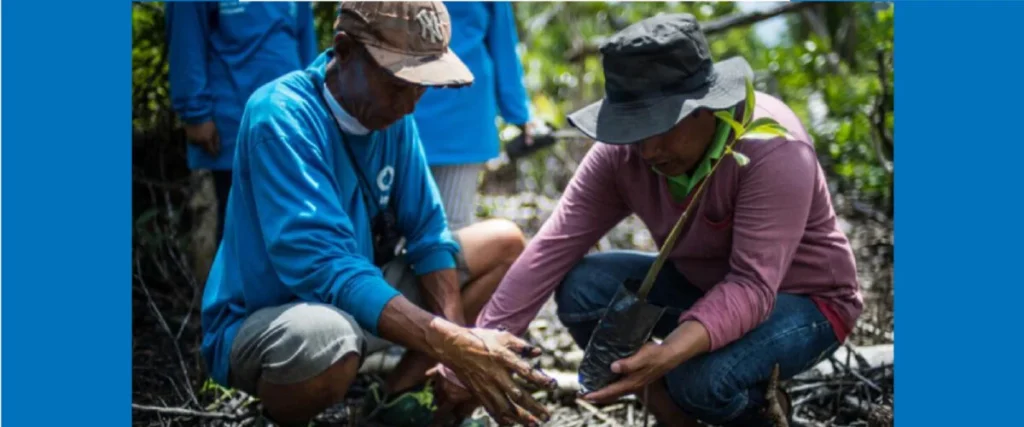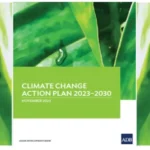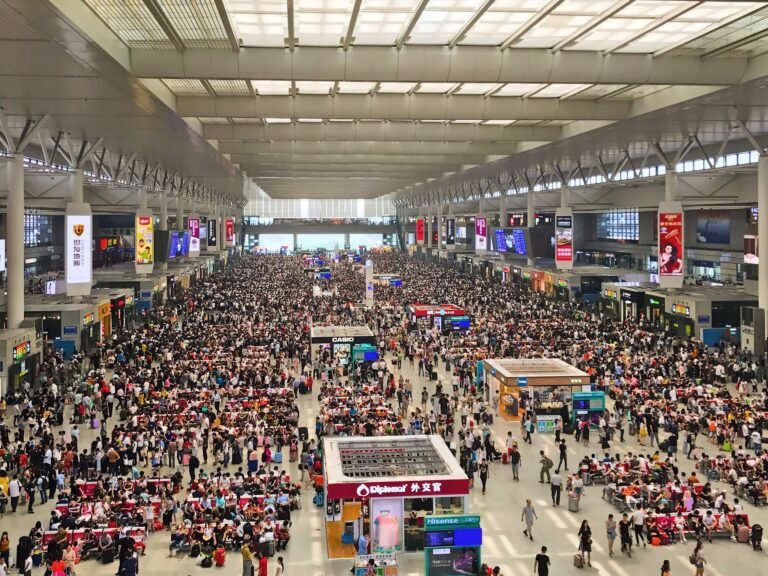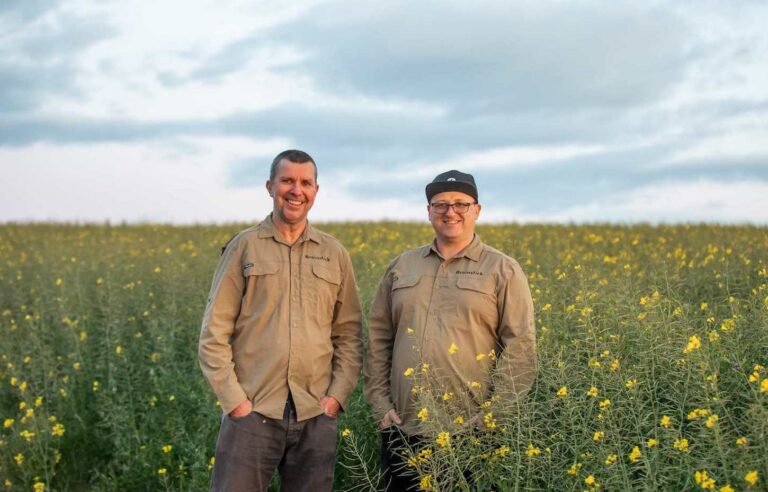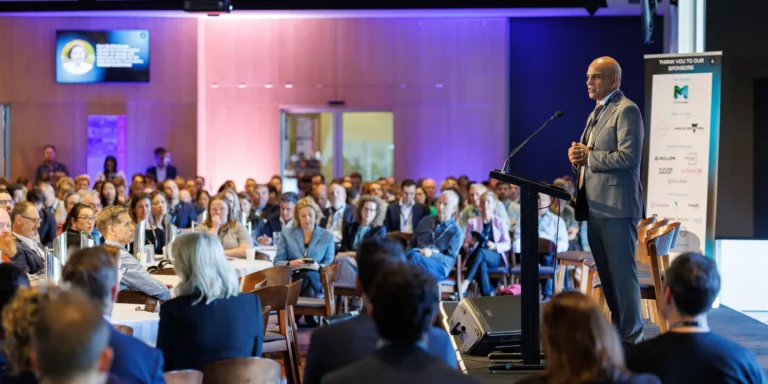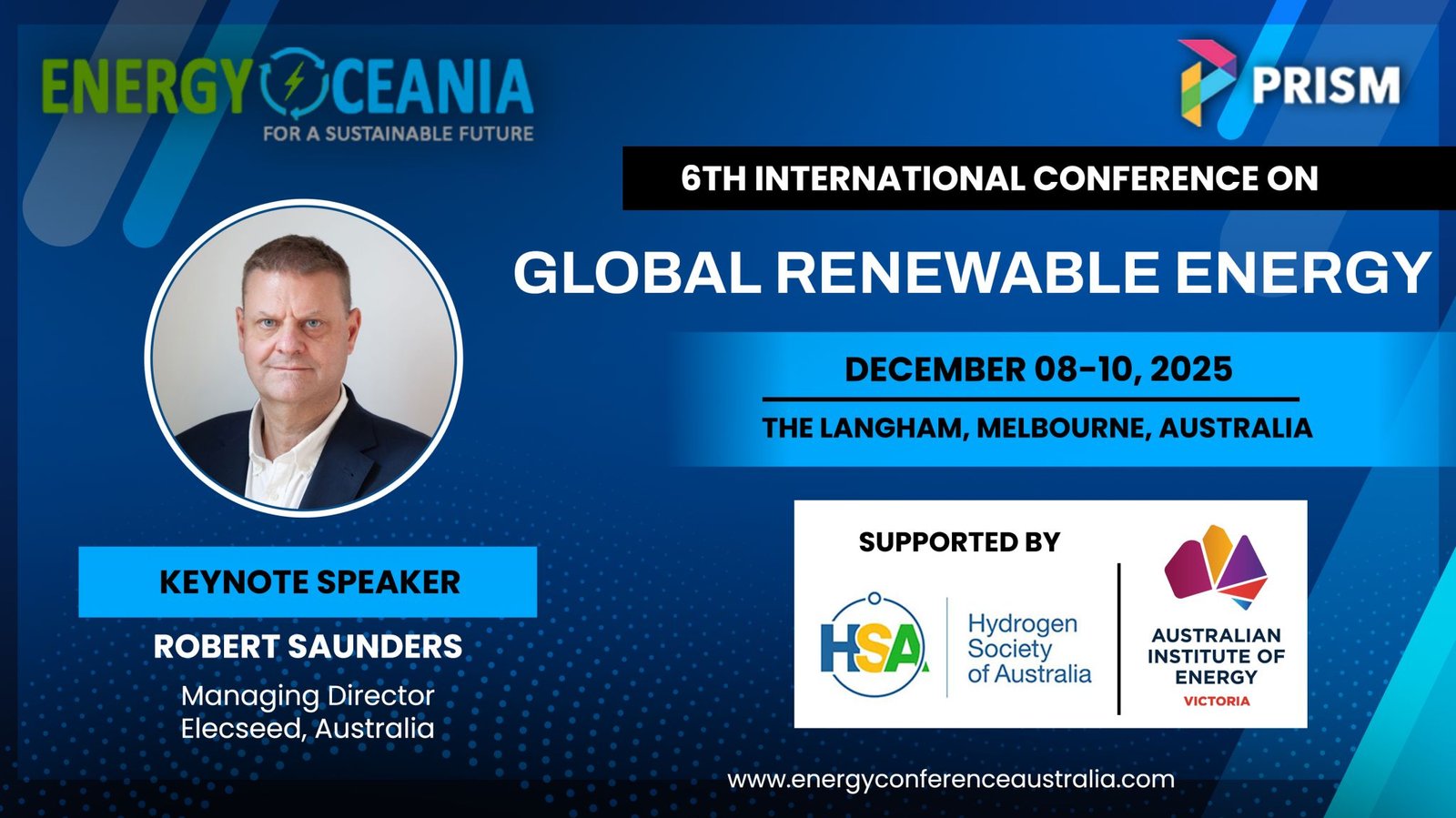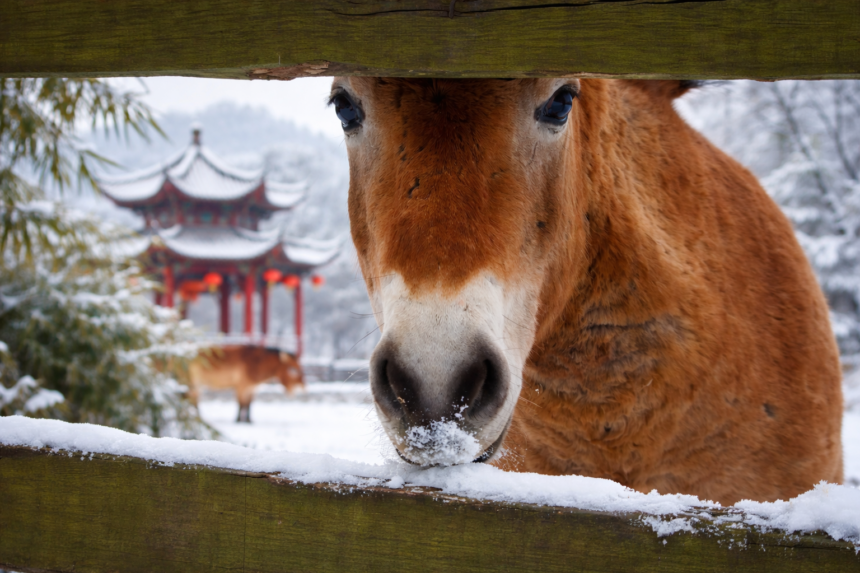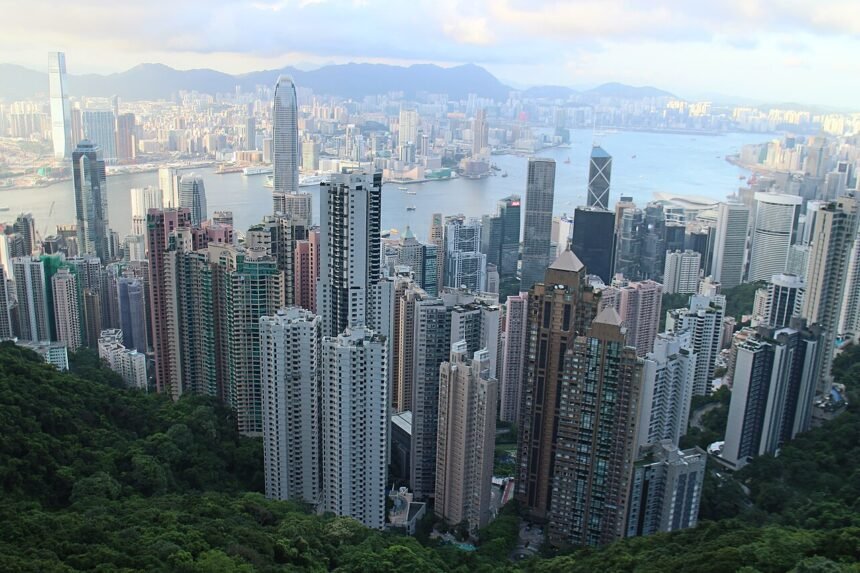ADB Climate Adaptation Finance for the Philippines’ mango management training program is critical for the community’s economy
Asia Development Bank (ADB) Climate Adaptation finance commitments provided more than $10.4 billion in cumulative adaptation financing from 2019 to 2023.
Adaptation financing is critical in Asia and the Pacific which is experiencing more extreme heat, droughts, and heavy rains, but where investments in adaptation remain a fraction of what is required.
ADB President Masatsugu Asakawa says, “Climate change threatens the future of all development. 2023 was the hottest year on record and saw a swath of extreme, deadly climate impacts in our region. This crisis threatens energy and food security and creates fiscal challenges. As the climate bank for Asia and the Pacific, ADB is deeply committed to helping our developing members de-fossilize their economies, progress along their climate transition pathways, and achieve their net-zero goals. We must act together, with urgency and at scale.”
Asia and the Pacific originate more than half of global carbon dioxide emissions while also being acutely vulnerable to the impacts of climate change. The region needs to invest an estimated $3.1 trillion per year in energy and transport assets alone to meet net zero by 2050—around 50% more than current levels.

As Asia and the Pacific’s climate bank, ADB aims to provide $100 billion in climate financing from its resources from 2019 to 2030. In 2022, ADB committed $6.7 billion of climate finance from its resources, including $4 billion for mitigation and $2.7 billion for adaptation.
ADB’s flagship climate projects in 2023 include a $400 million policy-based loan to help Bangladesh implement its national adaptation plan and pursue climate-focused development; a $1 billion loan to help deploy the Philippines’ first large-scale electric bus system in Davao City; and an $18 million grant from the Asian Development Fund (ADF) to improve the resilience, inclusiveness, and sustainability of water supply and sanitation services in the Federated States of Micronesia. The ADF provides grants to ADB’s lower-income DMCs to promote poverty reduction and improvements in the quality of life.
ADB is committed to achieving a prosperous, inclusive, resilient, and sustainable Asia and the Pacific while sustaining its efforts to eradicate extreme poverty. Established in 1966, it is owned by 68 members—49 from the region.
Learn about ABD’s activities by country here+

